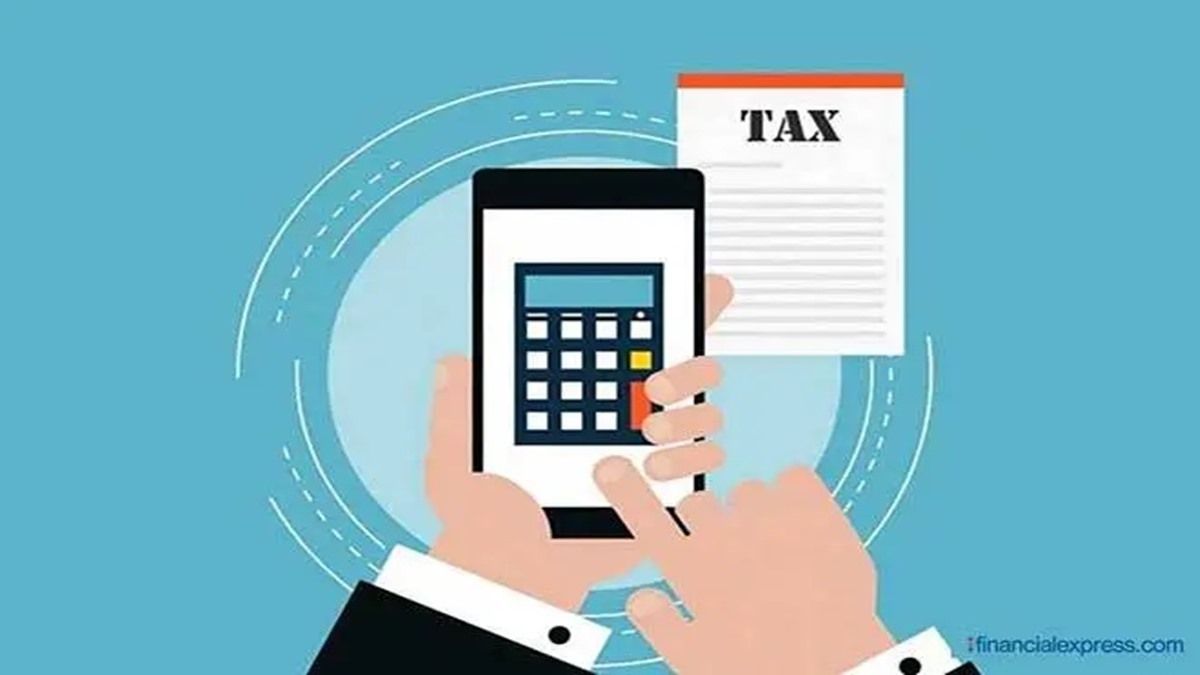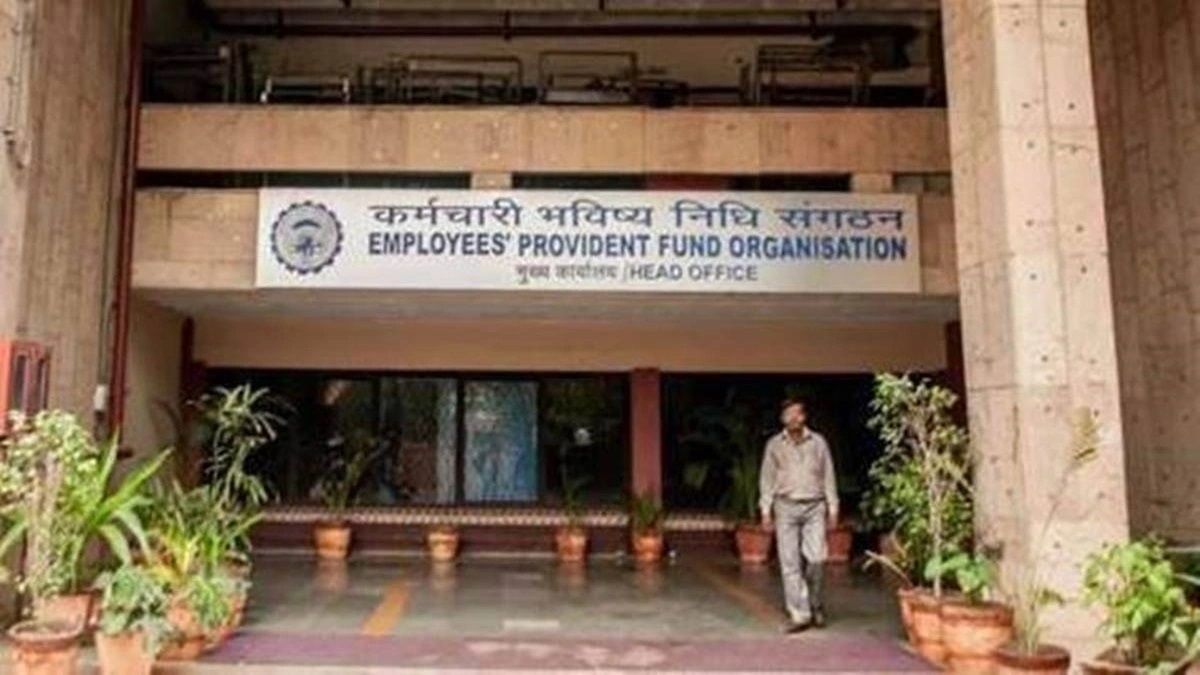Income Tax Planning: How To Save Tax in 2025:If you want to reduce your tax liability in 2025, then make a plan in time and start implementing it. Many people wait until the last minute to start tax saving, but doing so can often impact financial goals. Here we are telling you 6 such easy solutions, by which you can not only save tax but also make your financial future secure.
1. Invest in NPS
National Pension System (NPS) is a great option, especially for private sector employees. If you invest up to 10% of your basic salary and dearness allowance in NPS, you can get tax exemption under section 80CCD(1). Apart from this, you can also avail exemption under 80CCD(1B) by contributing an additional Rs 50,000 to your investment.
Corporates who opt for NPS can save even more in tax. Under the new tax regime, employer contribution up to 14% of your basic salary can be tax free. To take advantage of this option, talk to your employer about implementing this feature.
Also read: January 2025 Market Outlook: Will the trend of 3 months of decline be broken in January? Nifty’s 20 year data indicates what else the report is telling
2. Take care of PF and home loan principal
Often people invest hurriedly without planning to save tax. But you may have already exhausted all or a substantial portion of the Rs 1.5 lakh limit available under Section 80C through Employees’ Provident Fund (PF) and principal repayment of home loan. Therefore, invest keeping these options in mind so that your money does not get unnecessarily stuck in instruments which have long lock-in periods. If you are paying a home loan, then you must keep your principal repayment in mind. Also, invest in options like equity linked saving schemes (ELSS) and tax-saving fixed deposits (FD) only when it is absolutely necessary.
Also read: Mutual Fund Portfolio For 2025: Fix your mutual fund portfolio in the new year, never forget these 7 things
3. Claim rebate on children’s tuition fees
If you have paid your children’s school or college tuition fees, you can claim tax exemption on this also under Section 80C. This exemption is also included in the maximum limit of Rs 1.5 lakh in a financial year. If both husband and wife are salaried, both can claim this exemption separately. For example, if you have paid Rs 2.5 lakh for your children’s tuition fees, then both husband and wife can take maximum benefit by dividing it among themselves. This discount applies only to tuition fees; Not on donations, school bus fees or other charges.
Also read: SIP Magical Return: Fund of Rs 4.13 crore collected from SIP of 2000, lump sum of Rs 1 lakh became Rs 1.88 crore! 30 years journey of HDFC Flexi Cap
4. Tax benefit on medical expenses of the elderly
If there are senior citizens in your family and they do not have health insurance, then you can claim tax exemption for their medical expenses. Under Section 80D, a deduction of up to Rs 50,000 is available on medical expenses of senior citizens. If their children bear this expense, they can also take advantage of this exemption.
5. Save tax with the help of employer
Many employers allow their employees to redesign their salary structure to save tax. For example, if you have received a car from your employer for personal and official use, the expenses incurred on it can also be used to claim tax exemption. Get information about this from your office. Additionally, if your Cost to Company (CTC) is up to Rs 20 lakh, you can maximize tax savings by availing tax-free facilities and allowances offered by your employer.
Also read: NFO Alert: Subscription started in new quant fund of UTI Mutual Fund, what is special in this NFO, should you invest?
6. Choose the right tax regime
At the beginning of the year you have to decide whether you will choose the new or old tax regime. Keep in mind that you can change your tax regime even while filing returns in July. If your employer has deducted excess tax, do not forget to claim its refund while filing the return.
Tax planning is an ongoing process. If you adopt the right strategy, you can not only reduce your tax liability but also easily achieve your long term financial goals. Adopt these measures in 2025 and along with saving tax, you will also strengthen your financial future.







